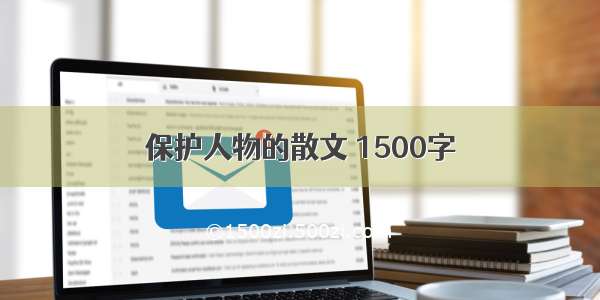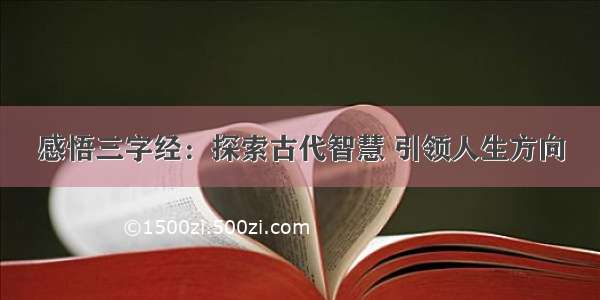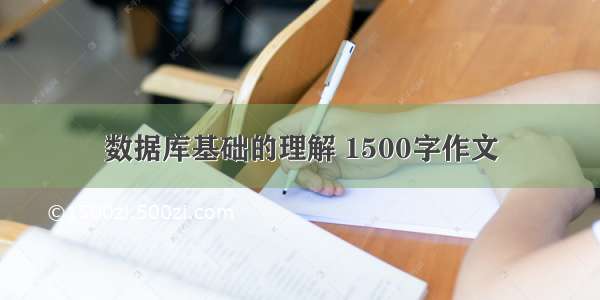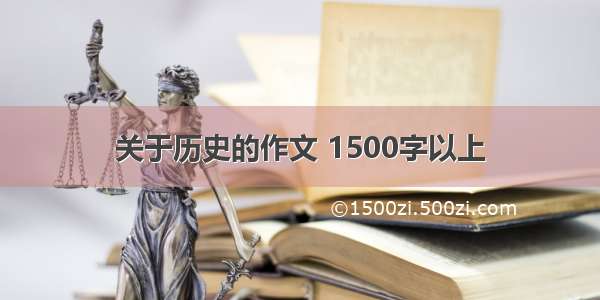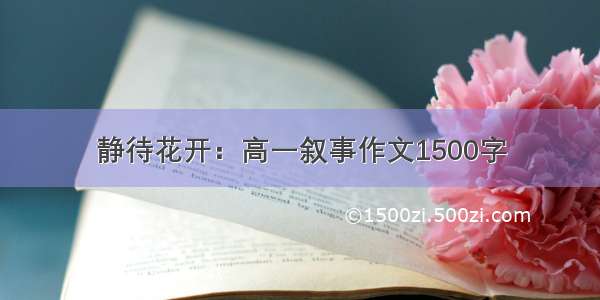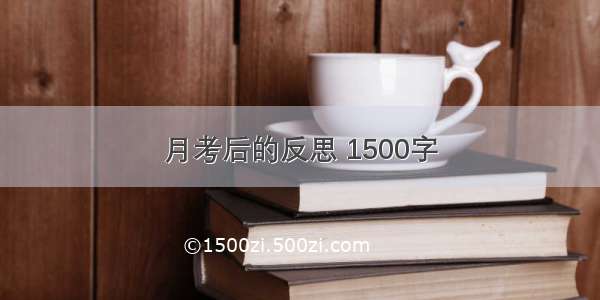
欢迎关注“大连海事大学法学院”!
DMU Law School Hosts the International Colloquium on "Digitalization of Transport Documents: the Law in Transition"
On October 18, , the first International Colloquium on Artificial Intelligence, New Technologies and the Law was hosted at the Lakeside Bookstore of Dalian Maritime University on the very current theme of "Digitalization of Transport Documents: the Law in Transition". Maritime law scholars from DMU, Queen Mary University London, the University of Queensland, the City University of Hong Kong and shipping experts from the container terminal of Dalian port and Tianjin port shared their research and experience and held a thought provoking discussion on the legal and practical implications of the introduction and use of digital transport documents.
This colloquium is the first in a series of conferences on "Artificial intelligence, New Technology and Law" held by the Law School of Dalian Maritime University and its prestigious Institute of International Maritime Law. The colloquium dealt with four main themes: the morning was dedicated to the first two themes: "Electronic documents in international trade" and "Digital documents for a digital world?". The afternoon was spent discussing: "Digital bills of lading and issues of title", and "Digital documents, litigation and enforcement". Professor Liu Zhengjiang, Vice President of Dalian Maritime University, Associate Professor Jiang Yuechuan, Deputy Dean of the DMU Law School, and Professor Filippo Lorenzon, Chair of the Organizing Committee of the event delivered welcome speeches at the opening session.
Prof. Mikis Tsimplis, from the City University of Hong Kong, moderated the discussion on the first topic. Prof. Filippo Lorenzon delivered a presentation entitled "The Evolution of the Business Model: Have E-bills Become Necessary?" He pointed out that “International trade does not need regulation to evolve: historically when ready it simply shifts”. “In this branch of the law, what the law does not enable will eventually become obsolete”. Mr. Xu Linlin from Dalian Container Terminal Co., Ltd. delivered a speech on "The Application of Electronic Documents in Dalian Container Terminal", introducing the general situation of Dalian Container Terminal Co., Ltd. and explaining in details the application of all electronic documents in relation to import process and port logistics. Dr. Alan Davidson, from the University of Queensland, Australia, gave a presentation entitled "The Application of the United Nations Model Law on Electronic Transferable Records to Bills of Lading", which analysed the application of the principles of "functional equivalence" and "technology neutrality" in the UN Model Law and found that the merchant law has been able to accommodate the use of a variety of advanced technology and modes for transaction throughout history.
The second panel was chaired by Professor Filippo Lorenzon. Dr. Miriam Goldby from Queen Mary University London, presented a paper on “Blockchain Technology in Shipping: Advantages, Obstacles, Challenges”. She argued that the emergence of distributed ledger technology has made the circulation of digital bills of lading safer, but at the same time has challenged the current application of international maritime commercial treaties and domestic laws. Professor Mikis Tsimplis talked about "Autonomous ships and digitalization: from Hague, Visby, Hamburg, Rotterdam and beyond”. He argued that autonomous and remotely operated ships did not pose any challenge to the existing legal order, which only needed slight adjustments. However, the current commercial use of ships still needs to be re-explored in terms of further development of regulatory and safety system technology, as well as rules on the allocation of responsibilities.
The third panel was chaired by Dr. Miriam Goldby. Dr. Zhao Liang, from the School of Law, City University of Hong Kong, delivered a speech entitled "E-bills of lading and documents of title”. He analyzed the legal nature of the Bolero Bill of Lading and concluded that it has no function of a document of titleunless it is presented for taking delivery of goods. As far as the delivery of goods is concerned, only the negotiable bill of lading is a document of title. As far as the contractual rights and obligations of the parties all electronic bills of lading should be regarded as attracting the application of the Hague Visby Rules as enacted by the UK COGSA 1971. Professor Zhu Zuoxian, Director of the Institute of International Maritime Law of DMU, delivered a speech entitled “The legal issues relating to ‘telex release’ or ‘surrendered’ bill of lading in shipping practice”. Through the judgment of the Chinese court, he analyzed the legal character of the "telex release" bill of lading, as well as its scope of application, conditions for release, and the legal causes of action. He also pointed out that many legal problems brought about by the application of high technology partly originated from the excessive desire of human beings for such application. Some new legal problems could be overcome in the practice of merchants, and do not depend entirely on the new solutions designed by legislators.
Prof. Jiang Yuechuan chaired the fourth and last session. The senior partner of Zhejiang Haichang (Ningbo) law firm and senior legal adviser of Goodwell Law Firm, Dr. Zhang Hongkai, spoke on the topic of "The Responsibility of Port Operators in Examining E-Bs/L”. He believed that the application of electronic bills of lading has lightened the burden of port operators in examining documents, but the security of electronic bills of lading still needs to be improved and accepted by peers. He argued for the need to conduct a forward-looking study on the legislation of electronic bills of lading. Professor Yvonne Baatz, Queen Mary University London, delivered a paper on "E-bills and the conflict of laws”. She argued that the application of the law to electronic bills of lading created an uncertainty in three jurisdictions: International, European and English, and that private contractual frameworks could be adopted to address the issues, such as Bolero or essDOCS.
This proved to be a high level roundtable discussion with many international experts on the topic of the digitalization of marine trade and bills of lading. With the steady development of traditional shipping to unmanned shipping and blockchain technology, digital bills of lading are probably safer than ever before. However, the use of e-documents is still limited today. It is of great significance that this colloquiumwent beyond the traditional transport-centered approach to look at digitalization into their broader trade context against the background of change in the business model. The wider use of digital documentation in trade is still legally challenging while, at the same time, becoming more broadly accepted by those who they are designed to serve.
Invited speakers at the first International Colloquium onArtificial Intelligence, New Technologies and the Lawhosted by DMU
A group photo at the Colloquium
10月18日,“变革中的电子运输单证法律制度”国际研讨会在大连海事大学湖畔书屋举行,来自英国玛丽女王大学、澳大利亚昆士兰大学、香港城市大学的海商法学者,以及来自大连港和天津港集装箱码头有限公司的实务专家应邀出席会议,就电子运输单证的法律和实务问题,充分进行了交流。
本次会议是大连海事大学法学院举办的“人工智能,新技术与法”系列学术研讨会之一,分为“国际贸易中的电子单证”、“数字世界中的数字单证?”“电子提单和权利凭证问题”、“数字单证,争讼和执行”四个议题。大连海事大学副校长刘正江教授、法学院副院长蒋跃川副教授、法学院海商法商法教授Filippo Lorenzon分别在开幕环节致辞。刘正江副校长在致辞中对各位嘉宾的到来表示热烈的欢迎,他指出随着人工智能的迅猛发展,当前的国际海商事立法已经滞后,需要学界和业界冷静面对、积极探讨解决之道,彰显此次会议的意义重大。
香港城市大学法律学院教授Mikis Tsimplis主持了第一个议题的讨论。大连海事大学法学院教授Filippo Lorenzon发表了题为《商业模式之进化:电子提单是否必要?》的演讲。他指出,国际贸易无须借助规则的制定实现其发展和进化,条件具备之时更替自然将会发生。而对于这一领域的法律来说,如果法律不能调整某一交易形式,这种交易形式终将会被摒弃。大连集装箱码头有限公司操作部副经理许琳琳发表了题为《大连集装箱码头的电子提单应用》的演讲,介绍了大连集装箱码头有限公司的概况,并详细讲解了涉及进口流程、港口物流的所有电子单证的应用情况。澳大利亚昆士兰大学的Alan Davidson博士发言题目为《联合国电子转让记录示范法对提单的适用》,其分析了《联合国电子转让记录示范法》中的“功能一致”与“技术中立”原则在电子提单中的适用,并认为从古至今商法都是包容各种新技术新模式的先锋和典范。
第二个议题的讨论由大连海事大学教授Filippo Lorenzon主持。伦敦玛丽女王大学Miriam Goldby博士发表了题为《航运中的区块链技术:优势,障碍,挑战》的演讲。她认为分布式记账技术的出现使得提单的流转更为安全,但同时又对目前国际海商事条约与国内法的适用产生了挑战。香港城市大学Mikis Tsimplis教授以《自动驾驶船舶和数字化:超越海牙,维斯比,鹿特丹规则》为题发言。他认为自动驾驶船舶和远程操控船舶并不能对现有的法律秩序构成任何挑战,只不过需要略作调整。但是目前对船舶的商业利用仍需就监管和安全系统技术的进一步发展,以及就责任分配规则需要重新进行探讨。
第三个议题由伦敦玛丽女王大学Miriam Goldby博士主持。来自香港城市大学法律学院的赵亮博士发表了题为《电子提单是否是权利凭证?》的演讲。他分析了Bolero提单的法律性质,认为其在需要出示用来提取货物的情况下具有权利凭证的性质;就货物的交付而言,只有能够流转的电子提单才是权利凭证,并且对于合同方的权利与义务,所有电子提单都和英国1971年海上货物运输法中的海运提单一样具有权利凭证的性质。大连海事大学法学院朱作贤教授发表了题为《“电放提单”或“交付提单”在航运实践中的相关法律问题》的演讲。他通过梳理中国法院的判决分析了“电放提单”的法律属性、法律适用、放货条件以及“电放提单”下托运人与收货人的诉权问题,提出:高科技带来的诸多法律问题部分源于人类过于渴求高科技的应用,一些新的法律难题实际上可以通过商人们本身的实践活动加以克服,并不一定完全依赖于立法者的制度设计解决。
第四个议题由法学院副院长蒋跃川主持。浙江海昌(宁波)律师事务所高级合伙人、辽宁斐然律师事务所高级法律顾问张宏凯博士以《电子提单下港口经营人的责任》为题发言。他认为电子提单的应用减轻了港口经营人审查文件的负担,但电子提单的安全性问题仍有待改进并被同行接受,目前有必要对电子提单的立法进行前瞻性研究。伦敦玛丽女王大学Yvonne Baatz教授发表了题为《电子提单和法律冲突》的演讲。她指出,国际、欧洲、英国三个法域下,电子提单的法律适用均会产生一种不确定性。她认为可以通过个体间的合同安排,诸如Bolero、essDOCS来克服诸种不确定性。
这是一场由众多国际专家参与的,主题为航海贸易提单数字化的高端圆桌会议。在传统航运向无人航运,区块连技术的稳步发展的今天,电子提单比以往任何时候都更加安全。然而直至今天电子提单的使用仍旧受到限制。此次研讨会超越以往的以运输为中心的方式,将数字单证的概念纳入到运输的广义概念、未来的商业模式之中,探讨了广泛适用电子运输单证所面临的困境,并探寻相应的解决办法,具有重要的意义。




